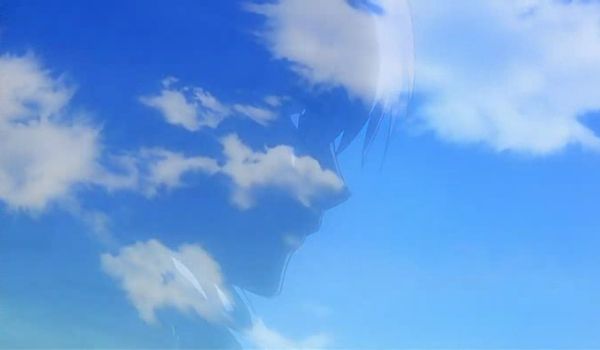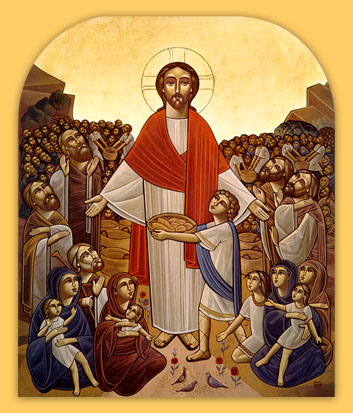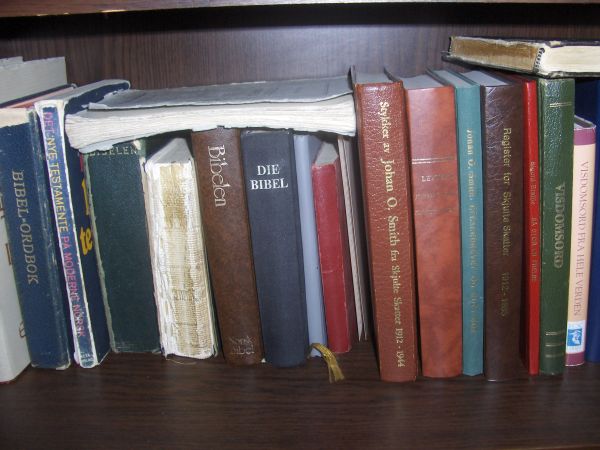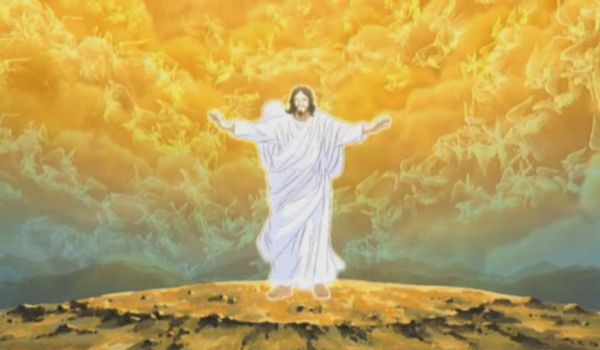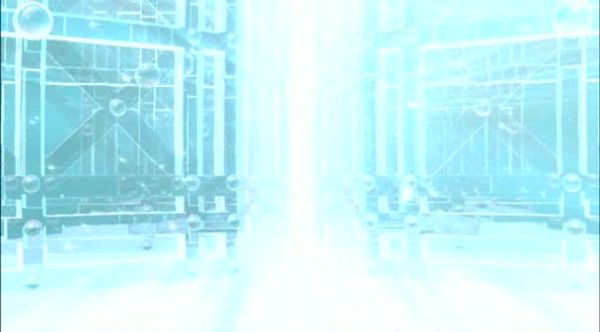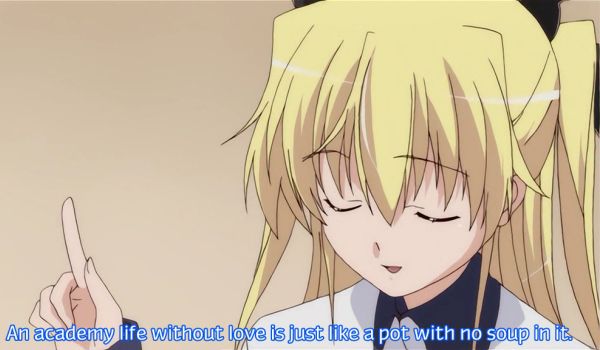
An academic life without love is like a pot with no soup in it. It doesn’t exactly help when the empty pot grows bigger and bigger.
I will talk about what we may call “deeper thought” (although it is often observation as much as logic). Let us leave alone for now the disturbing topic from yesterday, of how I seem to make discoveries only to find someone plagiarized me before I was even born. That is good or creepy, I guess, depending on who they were. Sometimes I don’t really know whether they are on the side of the angels or the other side, which makes me take a step back and wonder what I am doing.
What I am doing, as I recently wrote about, is studying esoteric Knowledge at a slow but noticeable rate. Apart from reading the One Cosmos blog fairly religiously, I have picked up a number of traditionalist books and other works of timeless wisdom, some of which still surpass me so much that I have had to put them aside while trying to gain experience on easier works. But on the whole, I keep nibbling at these kind of things. I have become wary enough to try to intersperse some hagiology – the lives of the Saints – in between the metaphysics. I want to nourish the heart and not just the mind. But even the mind… well, let me sum up something I have said before. It is relevant here.
There is knowledge, and there is Knowledge. Or more exactly, there are facts and there are Truths. Facts are exterior, fragmented, inert; they can be contained in us. Truths are higher than us, more whole than us, they are alive, they can transform us. Or that is my approximation to this, from my limited vantage point these days, and trying to put it briefly.
These tomes of timeless wisdom, this esoteric Knowledge, it has the potential to not just fill our container, but to expand it and change its shape. The container in this case is the human mind. And this is where I suddenly realized a new meaning of the Biblical proverb: “Knowledge inflates” (… “but Love builds up”, 1. Corinthians 8.)
So this revelation was that Knowledge – higher knowledge, the wisdom of high spirits – expands our mind; but if that is all that happens, we are in fact inflated. When there is more room but no more ballast, no more “mass” or weight, we have become more hollow, and we may not even know it.
***
I have until today only thought of this verse in the connection of external knowledge, theoretical knowledge. It may even be the original meaning. Certainly this happens a lot. There are tenured barbarians who are so filled with theoretical knowledge that they feel qualified to go far beyond their narrow specialty and speak grandly about timeless Truth (or the absolute lack thereof), as if they actually knew. And yet a common farmer may be wiser than them in the things that really count to the human heart.
But what I talk about today is the Higher Knowledge, the words of true geniuses, of High Spirits who see the world as if from a much higher place. It is the deeper teachings that are hidden in plain sight. This Knowledge is not just words in a book.
Now you may point out that I am in fact talking about words in books, “tomes of timeless wisdom” and all that. But it differs greatly from external knowledge like learning Japanese vocabulary or the names of the various bones and sinews of the body. Words of wisdom must be absorbed through the resonance they call out in the heart, a resonance that is remarkably similar to memory. It is like remembering something that you have always known, even though you were never told. Life experience seems to be important in this context, but it may be that some people don’t need this. I know I do, and others who also took up this wander-staff in their middle years. I was exposed to amazing insights when I was young, but many of them I could not comprehend then, despite my best intentions.
This Knowledge with a capital K, the one that is like the heart remembering what it never knew that it knew – I believe this changes our very shape, expanding us. But therein lies the risk of inflation: Of becoming larger but comparatively more hollow, when content does not keep up. In this case, “inflation” is very nearly literal, except transposed into a realm that is not physical.
***
I do worry that this may be happening to me. I feel changed, but I am not sure it is all for the good. There is a widening, but I seem to also sense a loss of intensity. And given my previous entry, I wonder whether even my revelations (those that are not by way of books, at least directly, that are observations more than remembrances) are safe. This also is Knowledge, and it inflates, it puffs me up like one of those small animals that puff themselves up to look bigger, but have I really grown to that size?
St Paul had to go through considerable trouble so as to not boast of his revelations (which admittedly were orders of magnitude beyond anything I can believe to have experienced, if I have indeed experienced anything through the occasional and undeserved grace-granted glimpse).
“But love builds up” (edifies, to use a fine word.) Ryuho Okawa, of all people, wrote a wonderful little piece about running into devils when he was still in the early expanding phase of his own revelations, when High Spirits from Heaven (or that was his experience of them) came to him frequently and revealed amazing Truths. Be that as it may, due to this superior knowledge that far exceeded that of much older people all around him, he realized that he was beginning to puff up. Devils had begun to gain control of him through his growing psychic powers. What to do?
What he decided was to go back and start over from the ordinary. He asked himself: Without these powers and these revelations, what am I? If I was barred from ever accessing them again – from ever telling anyone about them, from ever experiencing them again, from even dwelling on them in my own heart – would I still be a person who people would look forward to meeting? Would I still, as a perfectly ordinary person, be able to radiate happiness to others, to inspire other ordinary people like myself? When he decided to take this approach, the devils fled from him.
(Let us set aside for now what may have happened to his humility later – it is beyond the scope of this entry, and opinions are divided.)
But this approach, as Okawa describes it from his own youth, resonates with my heart. It sounds definitely like the same thing that the Bible says. Knowledge – or possibly even (small-k) knowledge, if we are easy to deceive – puffs us up. But can we make others happy without brandishing the peacock-tail of amazing insights? To make them happy by our presence would be love (when we talk about their lasting happiness, not their worldly attachments and dubious desires, Light forbid.)
St Teresa mentions that if we want to know whether a revelation is from God or from Hell, we should see whether it makes us more inclined to virtue. No matter what a Divine revelation is about, it has the side effect of making us humble and inclined to virtue. I think she is perfectly in agreement with St Paul on that, at least. Good for him! ^_^ (I hear he is not that popular with women these days.)
But for me, right now, I have to take care. I wonder if my container is not already expanding much faster than the content, the Knowledge faster than the Love, if any.




